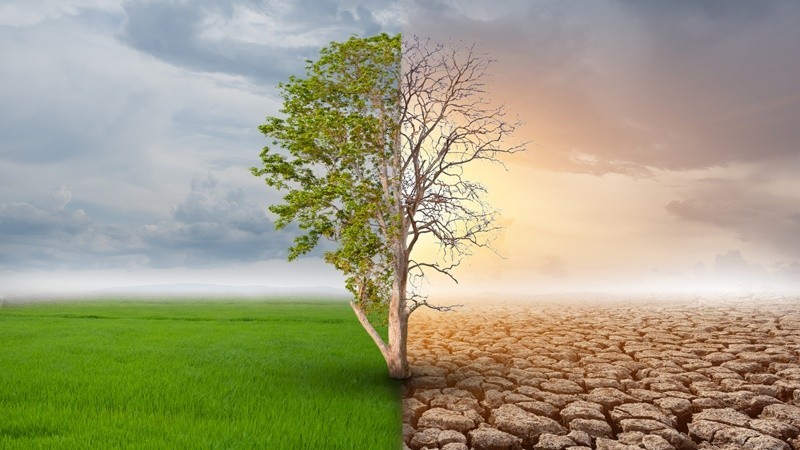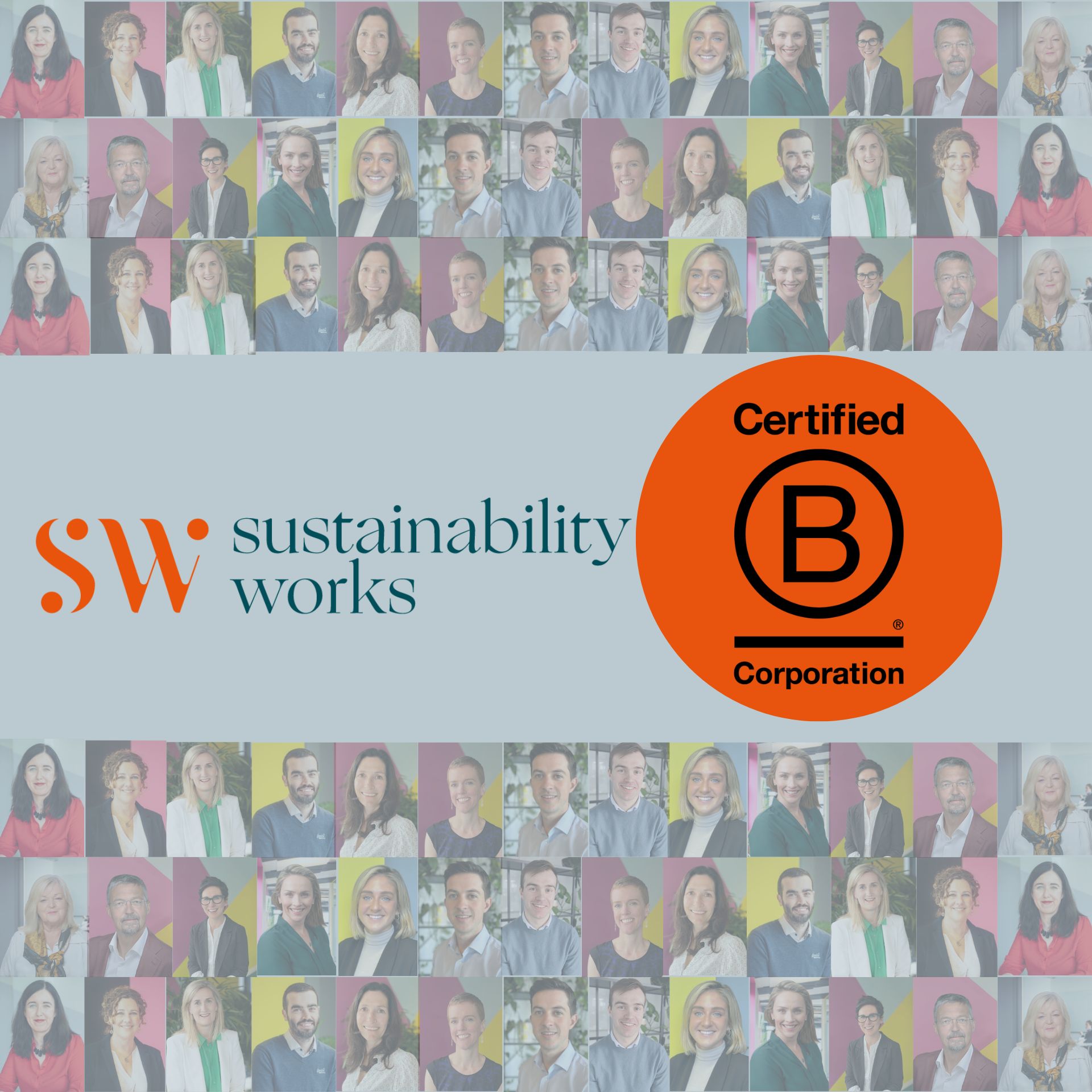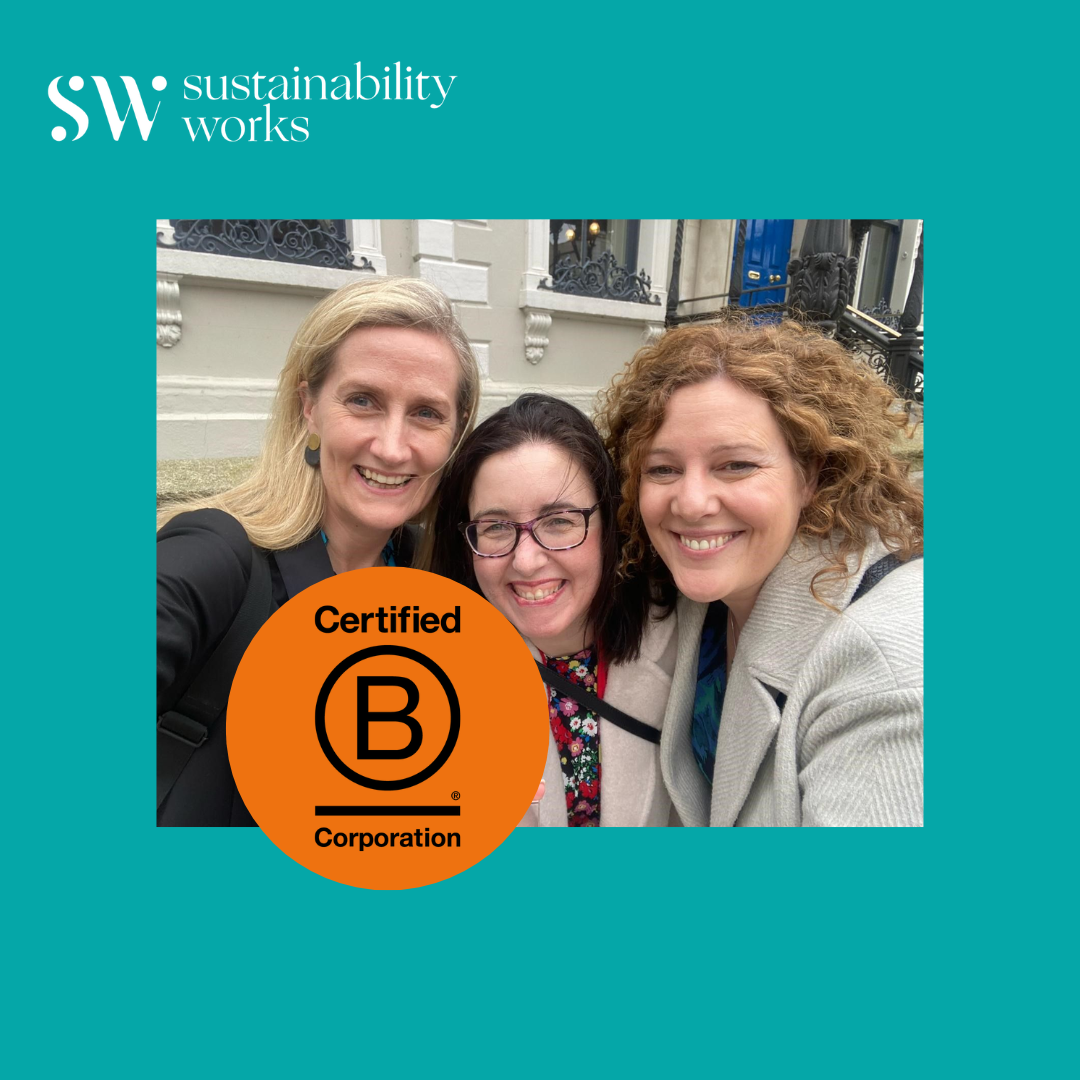SW News
Adapt to Survive

Adapt To Survive
On Monday the Intergovernmental Panel on Climate Change (IPCC) released the third and final instalment of its Sixth Assessment Report (AR6). Focused on climate mitigation, the report provides an update on progress and pledges to reduce global greenhouse gas emissions. (See excellent summary here courtesy of Carbon Brief).
It makes for grim reading. To quote UN Secretary-General António Guterres: ‘It is a file of shame, cataloguing the empty pledges that put us firmly on track towards an unliveable world. We are on a fast track to climate disaster…a pathway to global warming of more than double 1.5 degrees.’
To stay under 1.5 degrees, emissions from everything that we do, buy, use and eat need to peak by 2025 and then halve by 2030. This really is our now or never moment.
Can we do it? As optimists we at SW like to believe we can – that our leaders in government and politics, business and finance will rise to the challenge with the urgency and cooperation they showed in tackling COVID-19. But as realists, we accept it’s a long shot given the vested interests and complexities.
Whatever the uncertainty around climate mitigation and whether we’ll succeed in slashing emissions in time, there is one thing we can be certain of: climate adaptation will be key. Countries, cities, communities, and businesses will need to adapt to the changes that a warming world will bring. This need for adaptation was the subject of the second instalment of the IPCC’s AR6, published on 28th February 2022. It was largely overlooked because attention was (understandably) on the horror that was unfolding in Ukraine.
In an effort to raise awareness around climate adaptation, we’re therefore using this edition of SW News to focus on this important topic. It’s a subject close to our hearts as we recently completed a year-long research project, funded by the EPA, looking at climate adaptation for Irish businesses. This involved doing a detailed climate risk assessment for five key sectors of the economy. The final report can be found on SW’s website and on www.epa.ie
To help Irish businesses get climate ready, we’re also publishing five action-oriented sector guides, which summarise our research and provide a practical step-by-step approach to doing a climate risk assessment (see more below). We hope that by using these guides we can help businesses cut through the complexity and take steps to adapt to the risks and opportunities that climate change presents. In the future, adaptation will not be a choice. It will be a case of adapt to survive.
Our March Top 5
- Circular Economy Bill passed: in a landmark move that will hopefully be the beginning of the end of our take-make-waste society, Ireland’s circular economy bill was approved by Cabinet at the end of March. This article from CAI gives a good overview of the key elements of the bill and their implications. (CharteredAccountants.ie)
- TNFD beta release: following in the footsteps of the Taskforce on Climate-Related Financial Disclosures (TCFD), the Taskforce on Nature-related Financial Disclosures (TNFD) has launched the first beta version of its framework to help corporates outline and disclose nature-related risks and impacts. (Edie)
- Breakthrough on plastics: in early March, representatives from 173 countries agreed to end damaging plastic waste by forging a legally binding treaty by 2024. The treaty will be accompanied by financial and technical support, including a scientific body to advise it, and the possibility of a dedicated global fund. (Guardian)
- Gen Z employees and climate: today’s teenagers and early 20 somethings – so called Gen Z – are increasingly seeking jobs that empower them to make a difference in the climate crisis (BBC). It will be interesting to see if the next generation of Irish students follow suit now that climate and sustainability will be a new Leaving Cert subject. (Irish Times)
- How your pension could save the planet: the average individual UK pension saver can bring about a cut in carbon emissions of 19 tonnes a year by switching to a sustainable fund – 21 times more than the combined carbon savings of using renewable energy, going veggie and not flying. This article discusses the power of our pensions and offers tips on how to make your money matter. (FT.com)
Get Your Business Climate Ready
SustainabilityWorks’ EPA-funded research report on climate risks and opportunities for Irish businesses is published and available here! A big thanks to all those businesses and trade bodies who participated in the research and helped inform the findings. The end result is a detailed assessment of Irish business’s exposure to climate risk and the readiness of key sectors to adapt to the climate impacts that are coming.
Our research focused on five sectors that are important to Ireland’s economy – Retail, Hospitality & Tourism, Food & Beverage manufacturing, Chemicals & Pharmaceutical manufacturing, and Computer & Electronics manufacturing. We also looked at the finance and energy sectors – sectors that have a central role to play in enabling business action on climate.
We found that, while some businesses are starting to think about what they can do to reduce their carbon footprint, most are at an early stage when it comes to understanding climate risks and the need for adaptation. To help accelerate their journey, we’ve produced a series of five short sector guides – one for each sector covered in our research. The first – for the Computer and Electronics Manufacturing sector – is available on our website now. The remaining four will follow next week. Watch this space and please share far and wide!
Explainer: Climate Mitigation v Adaptation
The terms ‘mitigation’ and ‘adaptation’ are bandied around a lot when talking about climate change. But what is the difference? This short article from WWF is a useful explainer. We also really like the graphic below, which explains it in a nutshell.
For businesses, the focus of mitigation is taking action to reduce GHG emissions or ‘decarbonise’ their operations and supply chain. Key to this is reducing energy use and switching to renewables. On the adaptation side, key actions could include ‘climate-proofing’ offices or factories to protect them from extreme weather events. It could also include contingency planning for potential disruptions to the supply chain from climate impacts.
Climate Disruptions: Cities & Supply Chains
One of the most serious impacts of climate change we will need to adapt to is sea level rise. According to this article from the World Economic Forum, by 2050 around 570 cities and 800 million people will be exposed to rising seas and storm surges. Some coastal cities and nations will literally disappear, while the rest will need to adapt – quickly. From the Netherlands, to China, to the USA to South-East Asia, coastal cities are investing heavily in adaptation measures – building defenses and developing emergency plans.
Across global supply chains, the impacts are also being felt. This article highlights recent examples of extreme weather events that caused major delays and problems for supply chain logistics. It’s an issue that will become increasingly common as climate-induced extreme weather takes hold and will have knock-on impacts for businesses around the globe.
An Awesome Vision for the Future
What We’re Watching
What We’re Listening To
Sustainability Jobs
- World Green Building Council, Sustainable Finance Lead
- Director Sustainability, Cushman & Wakefield
- Head of Sustainability, JLL
- Sustainability Engagement Lead, Twitter
- Head of Sustainability, Kepak Group
- Project Manager – Corporate ESG Reporting, Glanbia
- Data Analyst – Sustainability, Glanbia
- Climate change specialist, Ornua
- Sustainability Manager, Bechtel Corporation
- Climate & Sustainability Analyst, Aer Lingus
- Energy Markets Policy Manager, Eirgrid
- Lending – Sustainability Lead, Recruitment firm
- Sustainable Commuting Coordinator, Green Workplaces
- Sustainable Travel Facilitator, CPL
- Director of People, UK & Ireland, Toast (Dublin based)
- Diversity, Equity and Inclusion Lead, William Grant & Sons









